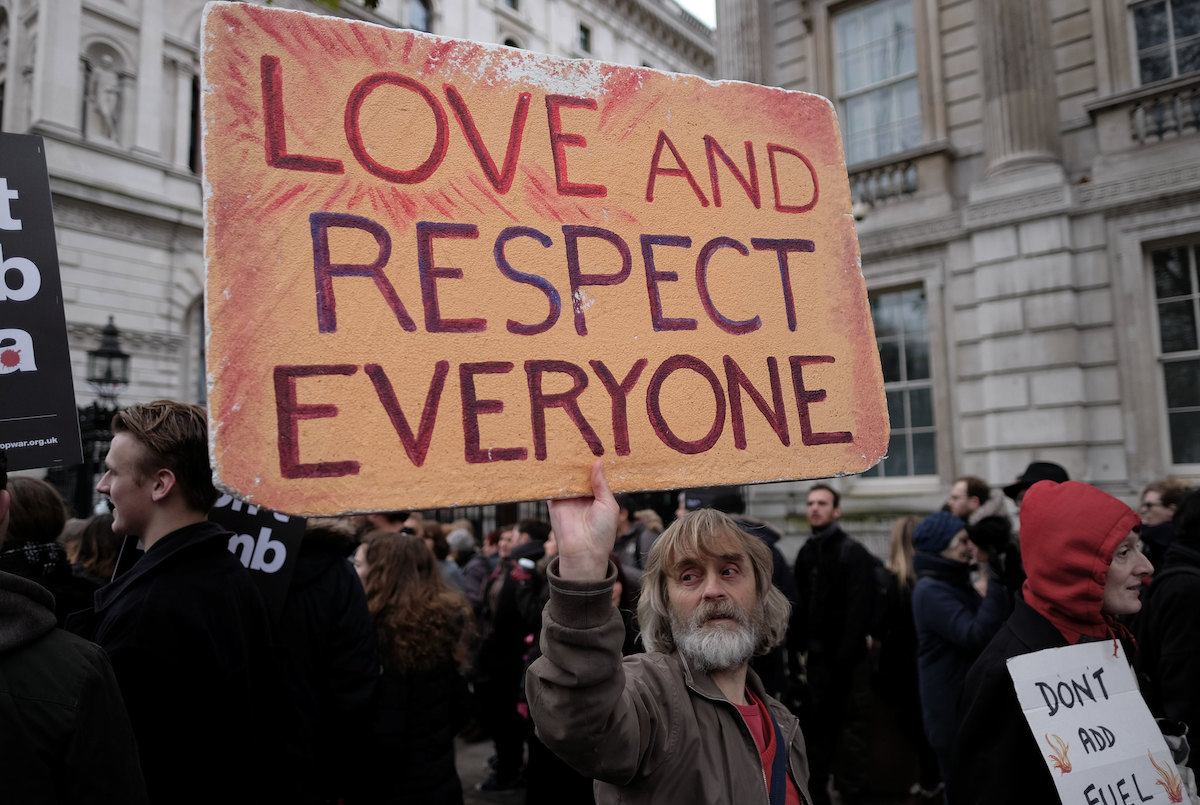You Can't Expect Others to Make You Feel the Way You Want to Feel

A Personal Evolution Practice (PEP) to get clarity on how you want to be loved and respected.
Recently, a friend of mine went through a very difficult experience. A couple of people that he cares about a great deal didn’t give him the same level of attention, care, and love — at a time when we really needed support — that he has consistently offered them.
Listen to this week’s Think Queerly Podcast episode
Prefer to watch the episode? Subscribe to my YouTube channel.
He shared with me what he thought should be “normal human behaviour” and how people should act. Not that I disagreed with him, but I wanted to reframe his experience by helping him to see the situation from a different perspective — not to discount his experience but to get to the root of this challenging situation.
When we feel that people haven’t paid us the attention we think we deserve, our ego may take offence.
We find ourselves sitting in a shallow pool of self-pity, seeking attention for our woes, making pronouncements about how we have been ignored, neglected, or wronged. In situations like this, it’s as if our ego is stuck in a deep well and our complaints echo up the walls of the well we have built to protect ourselves.
I like this metaphor because I too have been in a well of my making (that would make for a tedious article). It’s like being in a pit of ugliness that you made for yourself. Sometimes I’ve enjoyed being in that well, wallowing in the stink of self-pity as if to spite myself. Other times I wanted someone to come and save me, but only after I’ve called enough attention to myself first, subconsciously expecting someone to come to my aid.
The opposite of this metaphor of the well is the highly reactive, more bombastic approach to being heard when wounded or unnoticed. That’s your ego at the top of the mountain, proclaiming your self-importance so that it loudly echos across the valley, seeking adoration from others for your accomplishments, possessions, status, or power.
These are extreme examples of how our ego takes over, either in self-protection mode — needing attention through self-pity — or in defence mode, fully externalized, pompous, and self-aggrandizing.
By observing the extremes of our ego, we can notice that our ego has a middle-ground — an origin.
In the centre exists the mindful awareness of the truth of who you are without the need for external validation of any kind. This centre is the place where the ego sleeps. If you are not grounded in your centre (your feelings might be contentment or tranquillity), if you are not paying attention and being mindful of how you are feeling, it’s easy to go to the reactive extremes of emotional and egotistical expression.
Why is it so challenging staying centred?
We are constantly distracted and pulled in multiple directions away from our centre, away from the best version of ourselves. Other people’s emotions and challenges are just as complex as ours, and we are each vying for attention and connection. The more caring and nurturing you are, the easier it is to get pulled away from your centre and to almost lose yourself in taking care of the needs of others. The more assumptions we make about other people the less we maintain our footing in the centre of who we are.
One of the biggest mistakes we make in human relationships is expecting others to act in a particular way.
We may expect them to accept and care for us in a way that will satisfy our needs, but that is not something we can control. We may get emotional, angry, or frustrated when people don’t do what we expect them to do.
Expectations hold us back and can rarely be met. Expectations are something you want someone else to do for you, but you haven’t included them in that discussion. It’s as if you expect that person to be able to read your mind.
The much easier alternative is to have agreements with others. When people know what they have agreed and committed to doing, failing to do so is something that can be easily measured. The other important aspect is that agreements require two or more people whereas expectations are one-sided and unspoken.
For a metaphysical exploration of expectations, read my article, “How Expectations Limit Creativity and Personal Liberation.”
Personal Evolution Practice for Love & Respect

If I were to ask you, “How do you want to feel in relation to other people?”, you might say, “I want to feel loved and respected by others.” Most people would say something like that but why? And how? What does that look like for you?
Most of us have probably never answered this question in a meaningful way. Not having done so makes it easier to expect someone else to make you feel in a way that you haven’t even clarified for yourself! Without that clarity, it’s completely unfair to expect anyone to be responsible for making you feel any emotion. Besides, no one can make you feel anything. What you feel is completely in your control.
Want to create clear definitions of what the feelings of love and respect mean to you?
Watch the video for instructions on how to do the Personal Evolution Process. You can download the worksheet here.





Member discussion